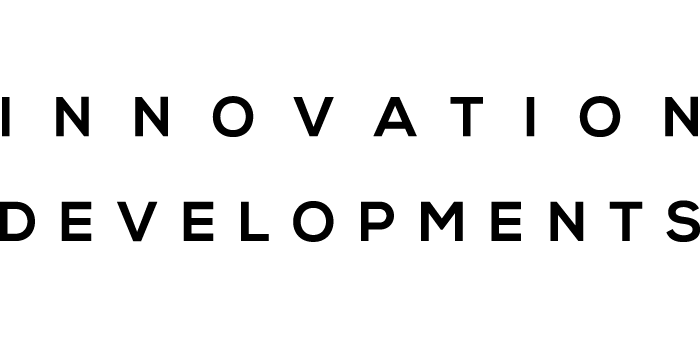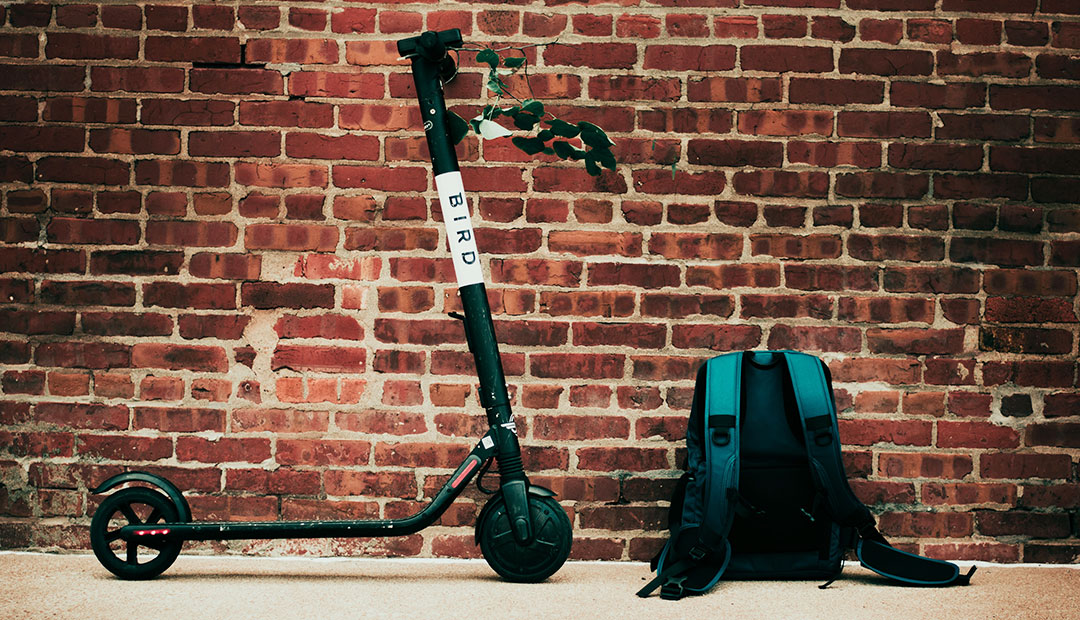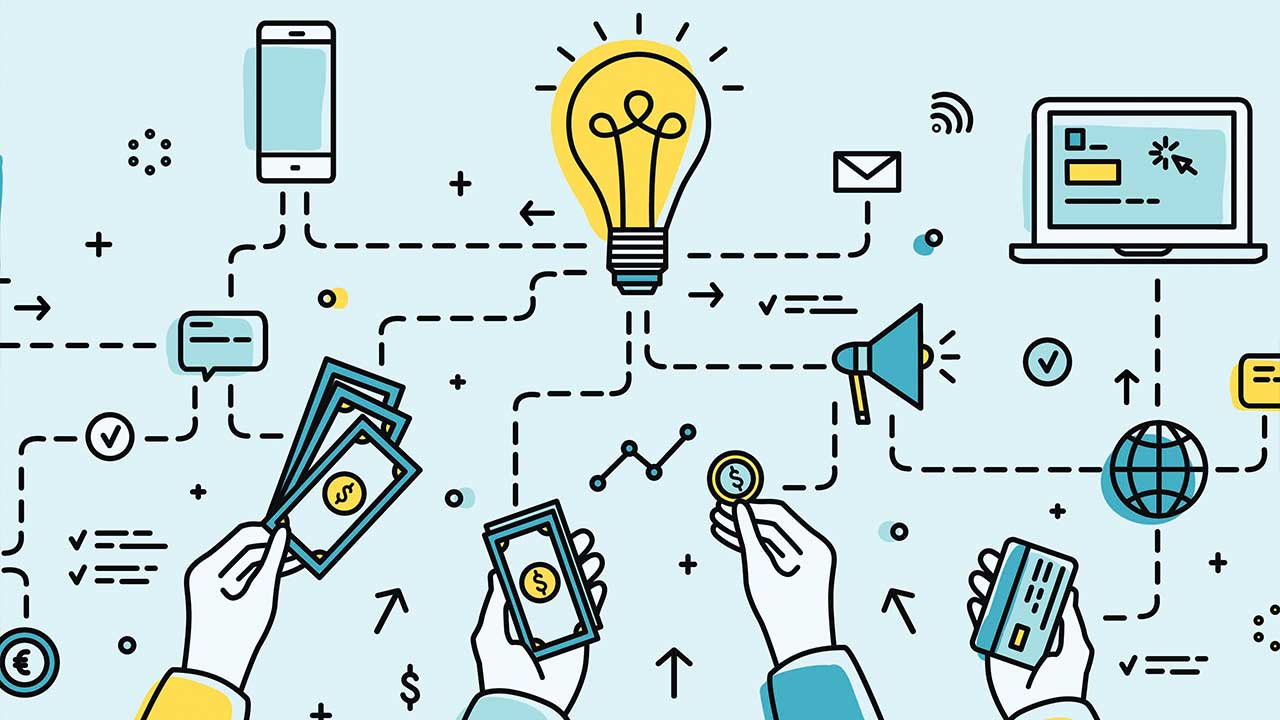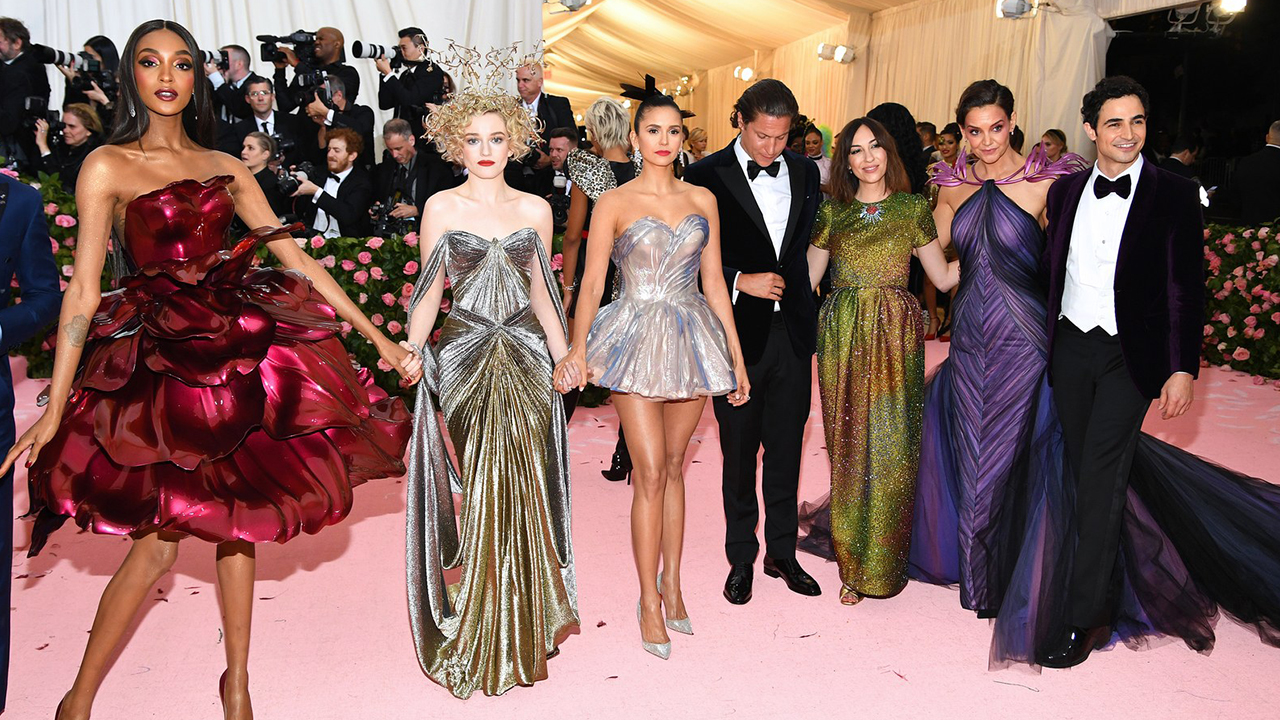What Does Licensing a Patent Really Mean?
Licensing is the act of reassigning ownership of a patent for a certain length of time. It is an agreement between the owner of the patent (the licensor) and another company or individual (the licensee). This grants the licensee the rights to use and benefit from the patent, allowing them to make or sell the design. In order to enter into a licensing agreement, you first have to have filed a patent.
There are 2 types of patent licenses:
Exclusive: This transfers all rights to the patent to the licensee for a set amount of time and the licensor can not produce product based on the patent during this time period.
Non-exclusive: This allows both the licensor and licensee to produce and sell product based on the patent. The licensor can also enter into agreements with other licensees for multiple points of potential revenue.
Both of these types of licenses are dependent on the terms set out by the licensee and what they are prepared to accept. The process of setting up and agreeing to a license agreement can be extensive with many options that must be considered, but if done correctly, can benefit everyone.
Licensing a patent does have several benefits:
Income:
One of the biggest reasons to license are the royalties. These vary hugely depending on the patent itself and the licensee but in essence, a royalty is a monetary percentage of every product sold.
Limited Risk:
Getting a physical product to market is expensive and does have a certain level of risk. Licensing your patent transfers the risk to the licensee whilst you can reap the benefits of royalties from sales.
Global Distribution:
Using licensing to get a product to market can considerably simplify the process. By entering into an agreement with the right company, the patent can have access to resources that it otherwise wouldn’t have. Larger companies with distribution already in place open up the potential to reach a much bigger market.
Specified Time Period
Licensing is only for a pre-agreed period of time. Once this has ended, the patent rights revert to the licensor. If the patent has been successfully for the licensee, they are likely to be open to negotiating for another term.
Patent Infringement
The main reason to gain a patent on an idea is to stop other people from copying your idea. Even so, fighting an infringement in court can get very expensive. Rather than incurring large legal fees, licensing can be a way of ‘settling’ out of court with the offending company or individuals entering into a licensing agreement instead.
There are however some big pitfalls that entrepreneurs often stumble upon and can cause detrimental effect to their business. Read our post on the dangers of licensing to find out more: https://www.innovationdevelopments.com/the-dangers-of-licensing-and-what-you-need-to-be-aware-of/









